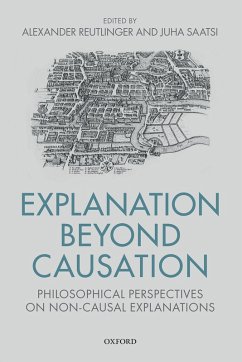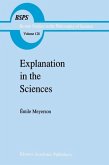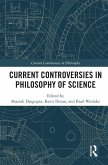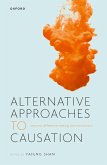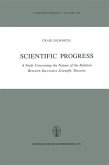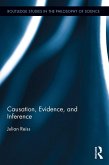Explanations are important to us in many contexts: in science, mathematics, philosophy, and also in everyday and juridical contexts. But what is an explanation? In the philosophical study of explanation, there is long-standing, influential tradition that links explanation intimately to causation: we often explain by providing accurate information about the causes of the phenomenon to be explained. Such causal accounts have been the received view of the nature of explanation, particularly in philosophy of science, since the 1980s. However, philosophers have recently begun to break with this causal tradition by shifting their focus to kinds of explanation that do not turn on causal information. The increasing recognition of the importance of such non-causal explanations in the sciences and elsewhere raises pressing questions for philosophers of explanation. What is the nature of non-causal explanations - and which theory best captures it? How do non-causal explanations relate to causal ones? How are non-causal explanations in the sciences related to those in mathematics and metaphysics? This volume of new essays explores answers to these and other questions at the heart of contemporary philosophy of explanation. The essays address these questions from a variety of perspectives, including general accounts of non-causal and causal explanations, as well as a wide range of detailed case studies of non-causal explanations from the sciences, mathematics, and metaphysics.
Dieser Download kann aus rechtlichen Gründen nur mit Rechnungsadresse in A, B, BG, CY, CZ, D, DK, EW, E, FIN, F, GR, HR, H, IRL, I, LT, L, LR, M, NL, PL, P, R, S, SLO, SK ausgeliefert werden.

